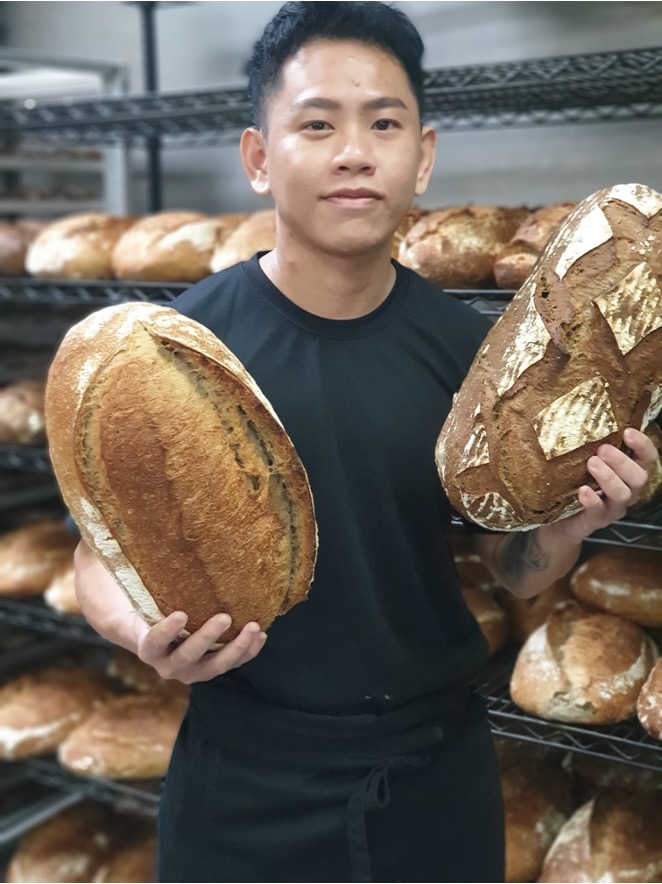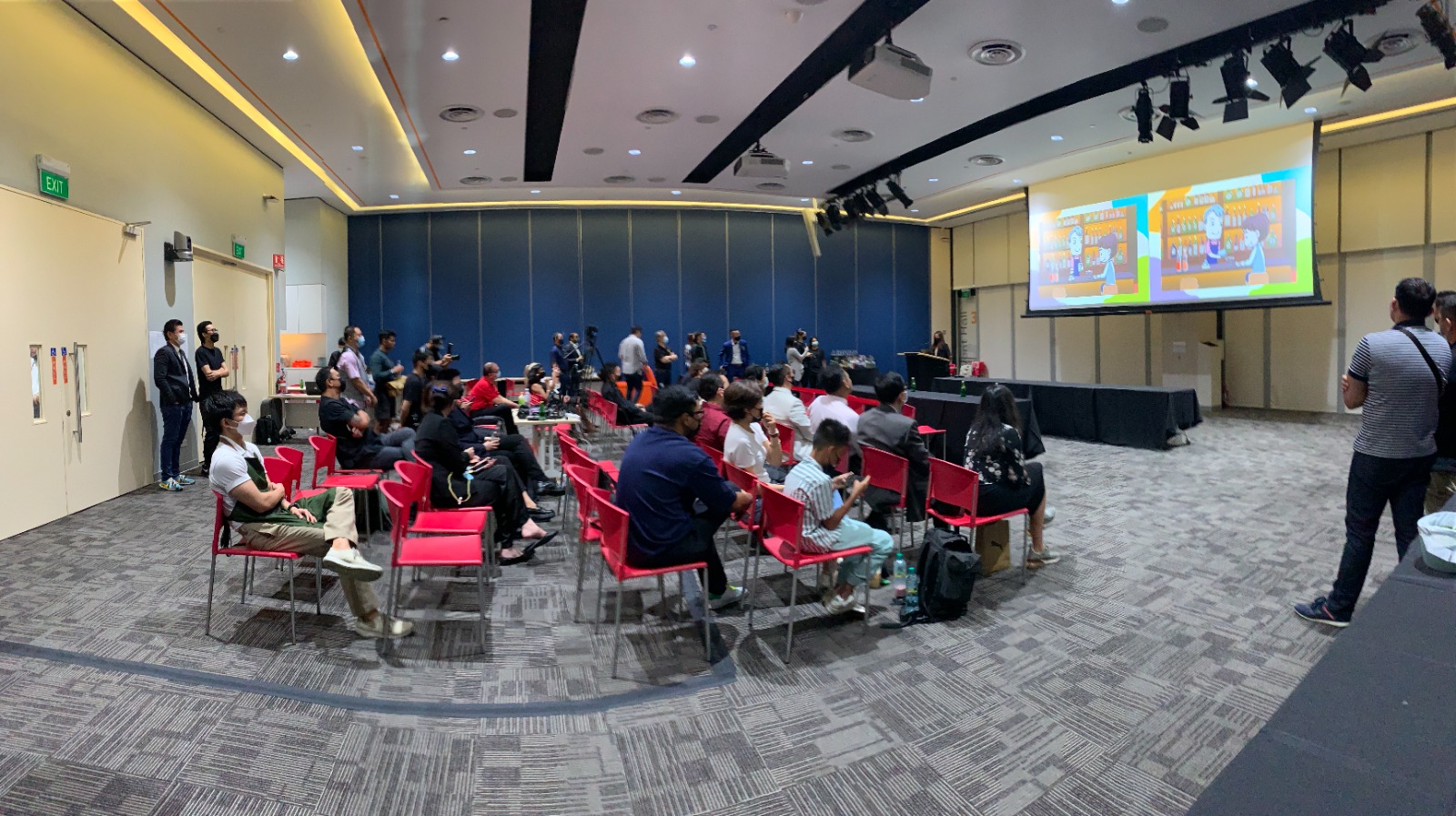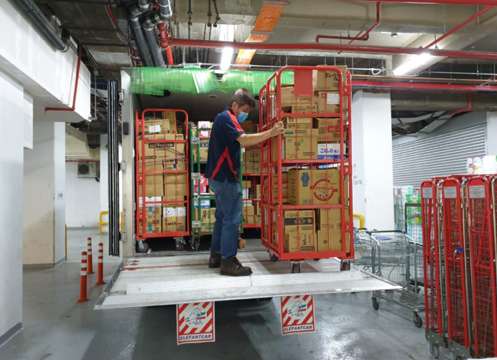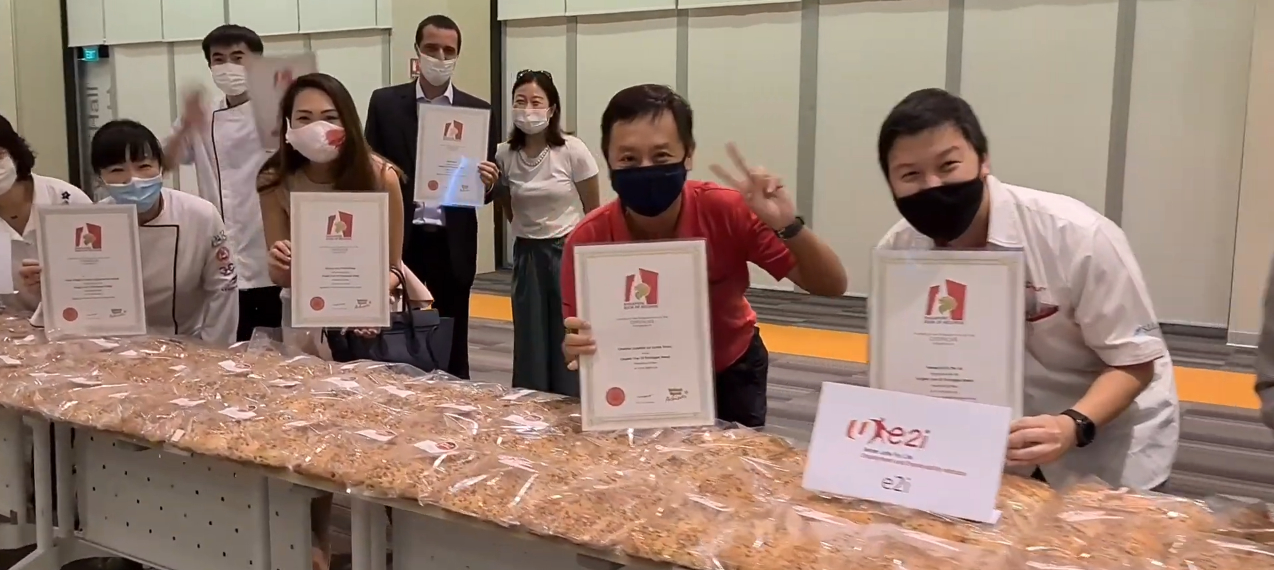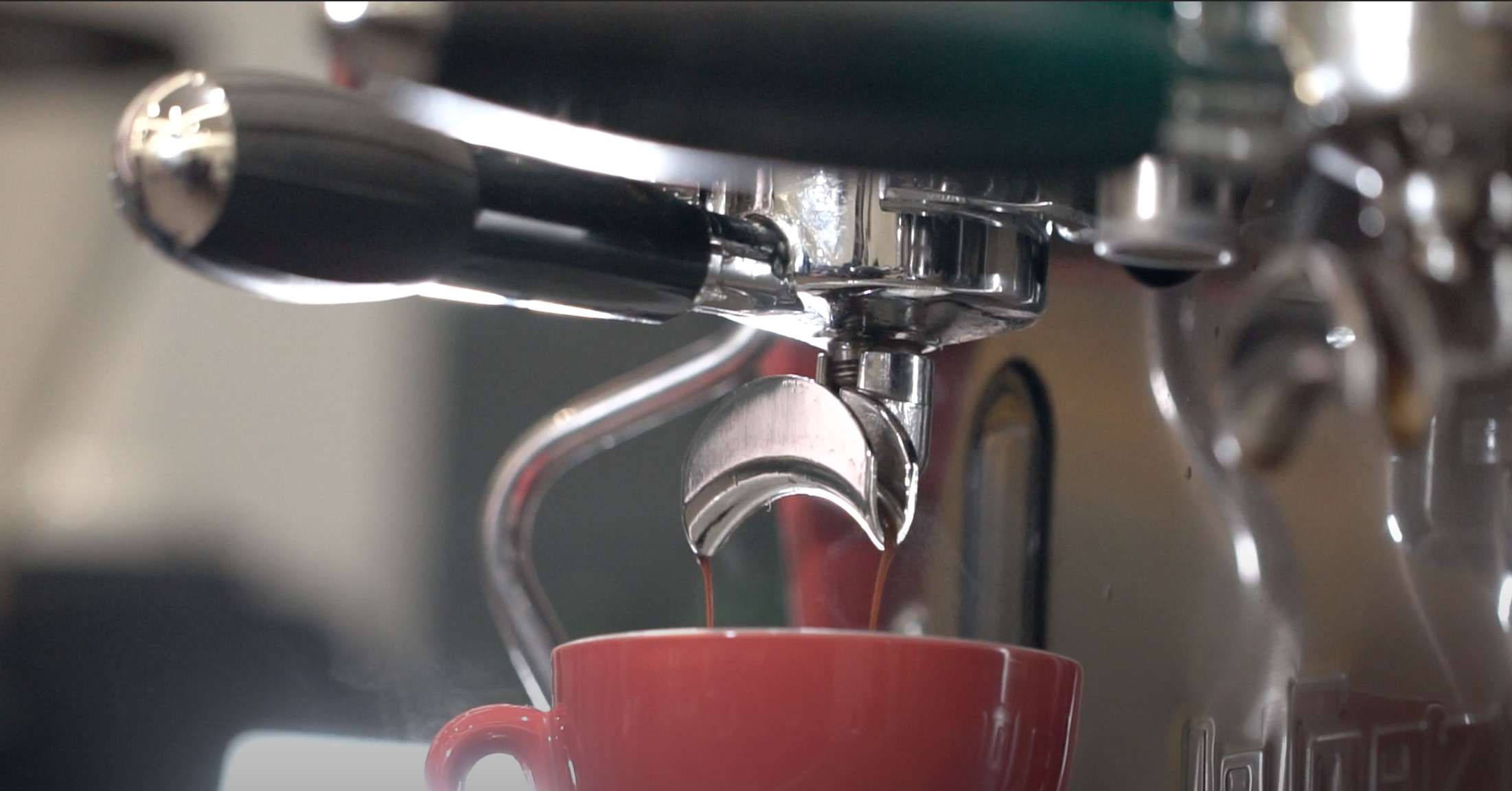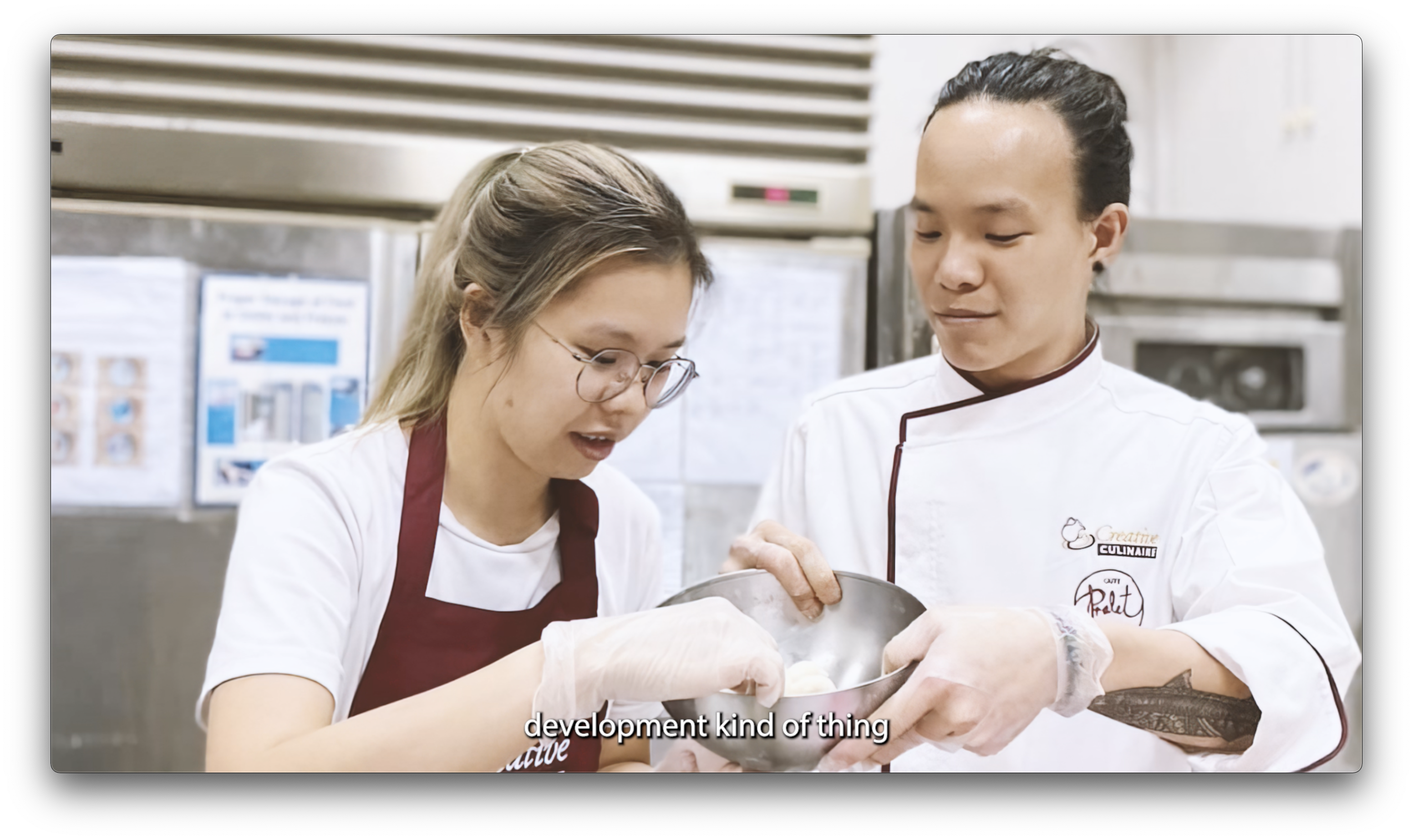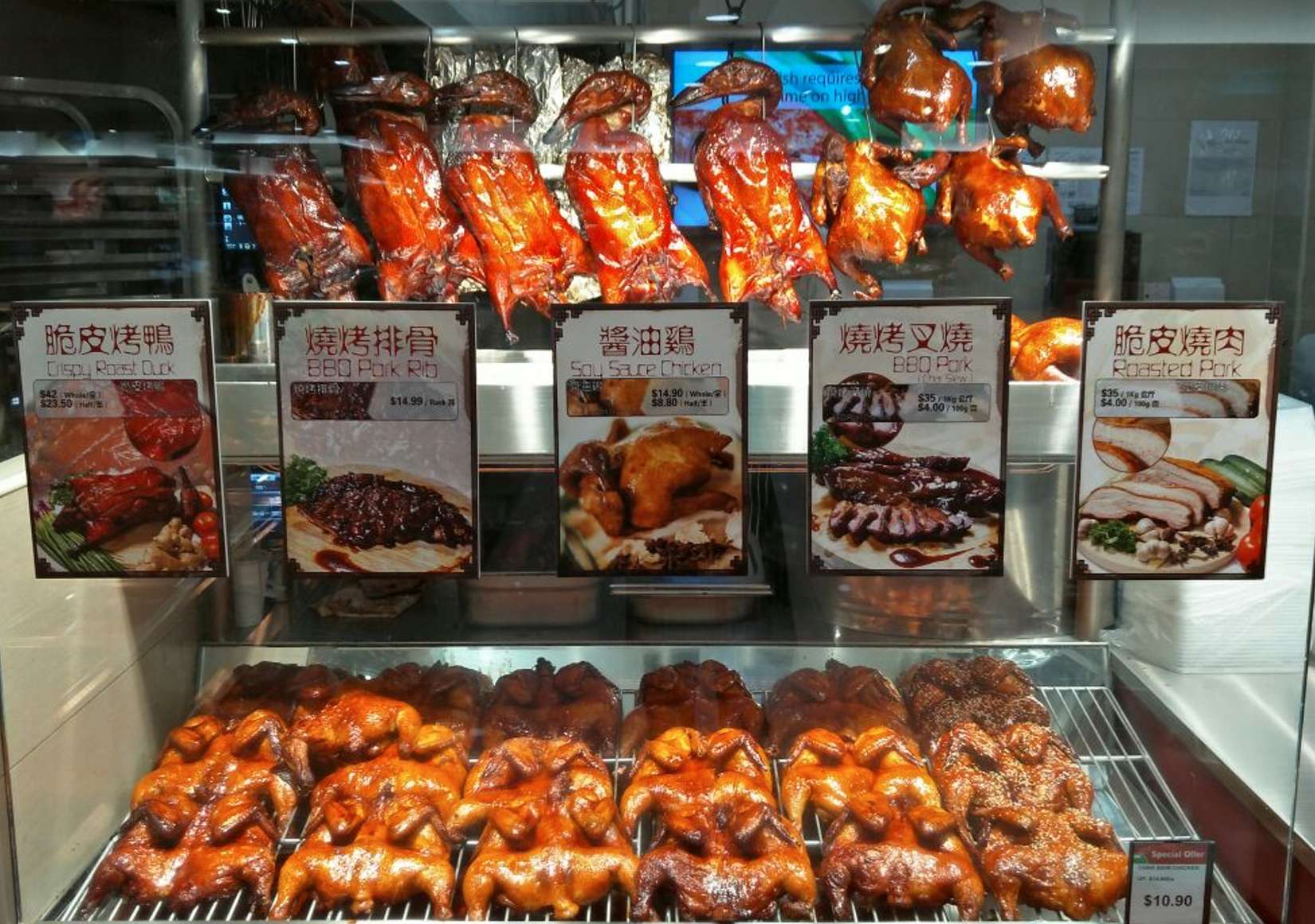Traditional Chinese dim sum help to make up the Singaporean cuisine. However, when Qian Wei Da Bao founder, Li Wentao, realised that dim sum from his hometown, Shan Dong, was not as popular here, he saw an opportunity to bring his taste of home to our shores. He wanted Singaporeans to enjoy the delectable dishes from his hometown such as their famous steamed buns stuffed with pork, pancakes with spring onion and even beef tripe.
Qian Wei Da Bao started operations in 2013 and soon grew to occupy many storefronts at MRT stations and bus interchanges around Singapore. Over the years, a central kitchen was set up to improve the quality and consistency of products that were sold across the island. The kitchen was also used to conduct research and development to introduce new products into the market.
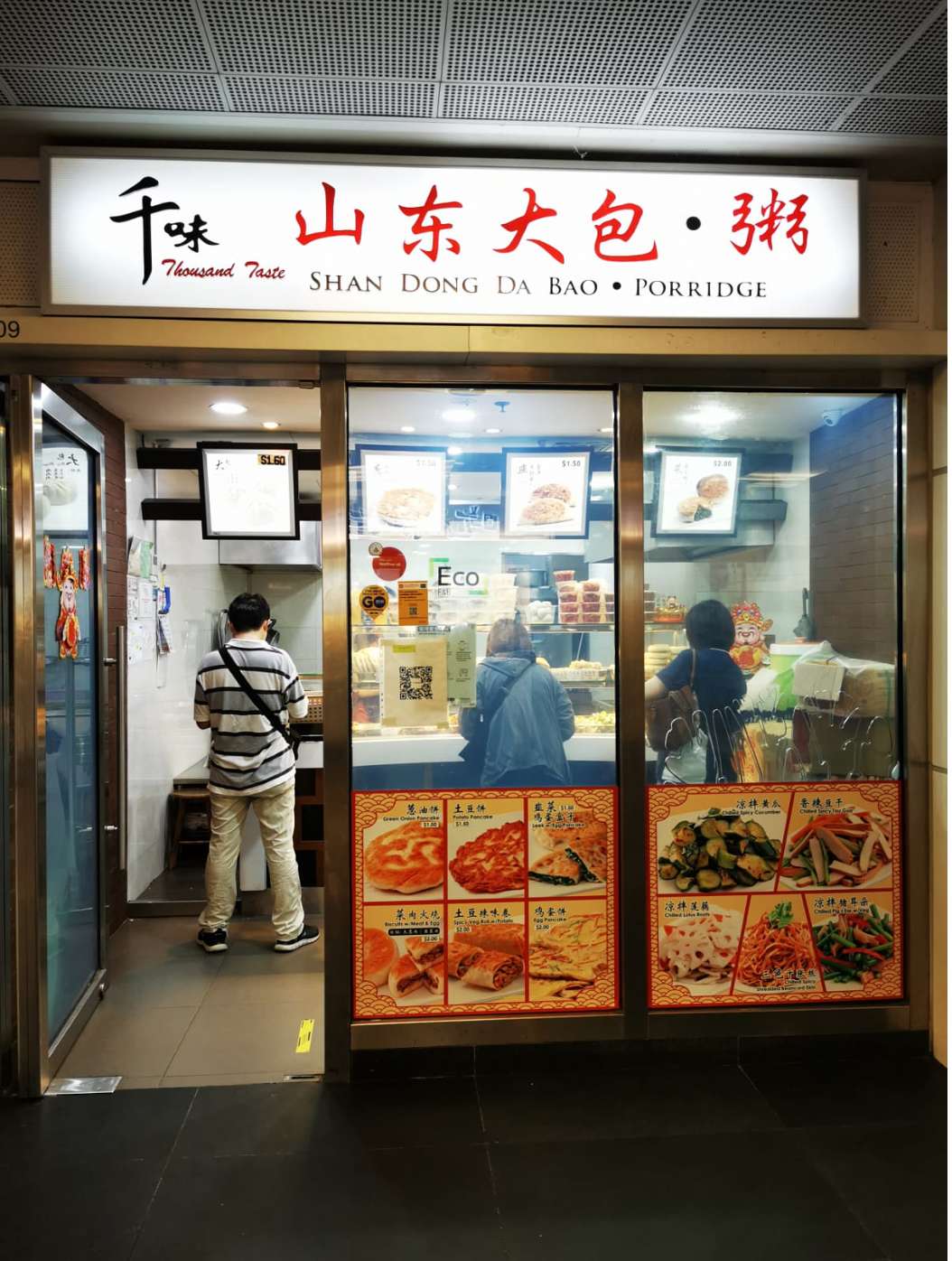
As the company expanded, Li knew he needed to invest in better equipment in order to make kitchen operations safer, easier and smarter, especially given that the company has several mature workers. He knew that traditional methods, as nostalgic as they are, would result in poor efficiency and could not keep up with the quantity and quality requirements of each outlet. This was when he approached NTUC’s Employment and Employability Institute (e2i) to embark on the Job Redesign Program. During the program, manual tasks that could be automated were identified and the right equipment was procured.
The company invested in an automatic dough-cutting and pastry pressing machine, an automatic multi-functional bun and dumpling machine and an automatic commercial steamer and cooker. After implementing the solutions, mature workers no longer needed to stand for long hours performing repetitive tasks such as cutting and weighing dough, filling pastries by hand and steaming buns manually. The kitchen increased its capacity to produce 1000 pieces of dough per hour and reduced its overall production time by 25%. The quality and consistency of products also increased as the machines are able to cook the products at a fixed time and temperature.
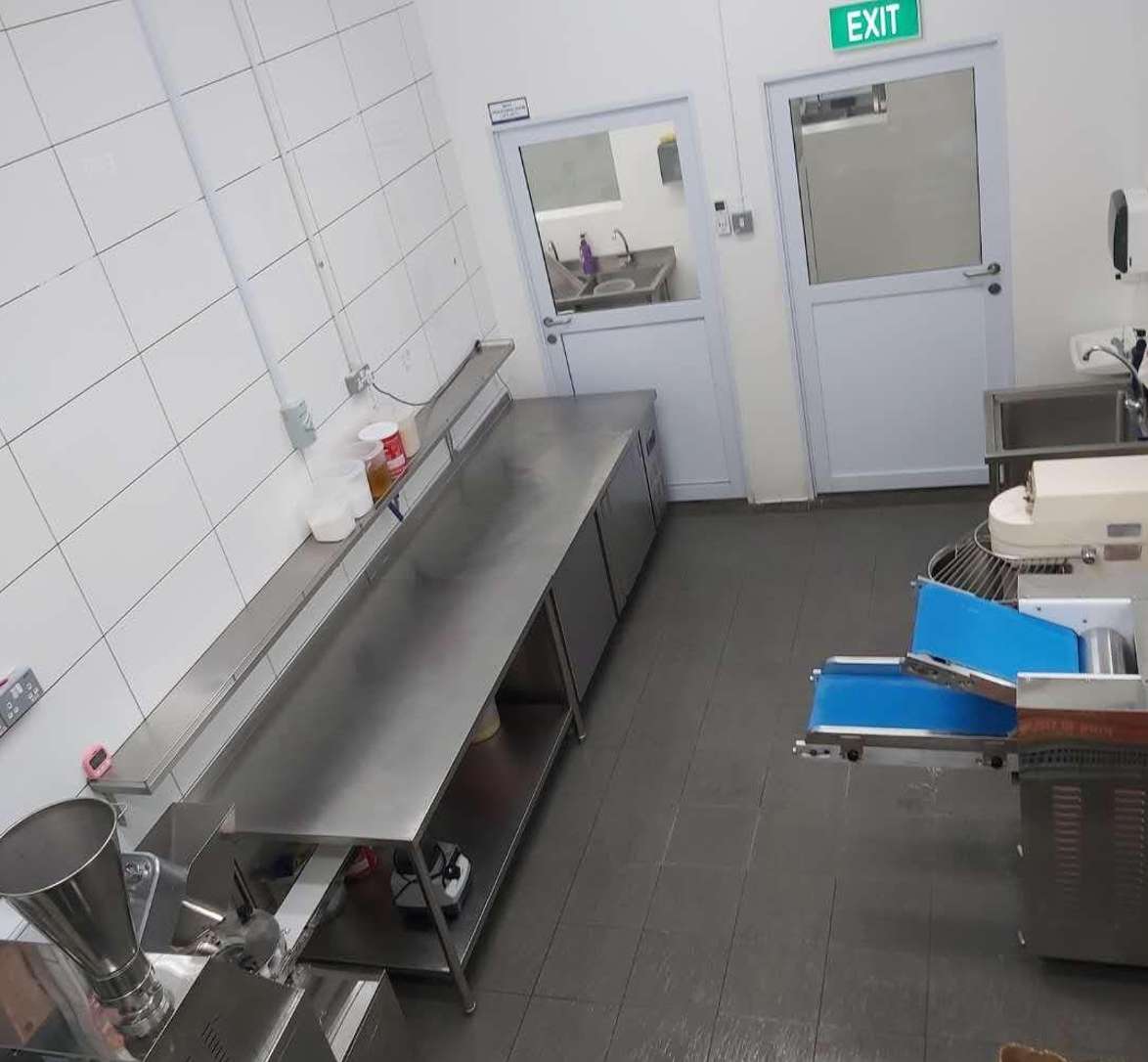
Qian Wei Da Bao’s employees were supportive of bringing in automation to make their jobs easier and safer. The company communicated the benefits of automation clearly to everyone and even brought workers to companies that have adopted kitchen automation solutions to see the benefits for themselves. Together with e2i, the company ensured all workers were properly trained in handling the new equipment and the transition was quick and smooth. The project not only resulted in a safer and more productive work environment but six mature workers also received an increment in their wages.
Qian Wei Da Bao has fostered a strong working environment and culture amongst employees which have paid dividends throughout these difficult times. To combat COVID-19, the company has implemented staggered shift timings to ensure the safety of all employees.

